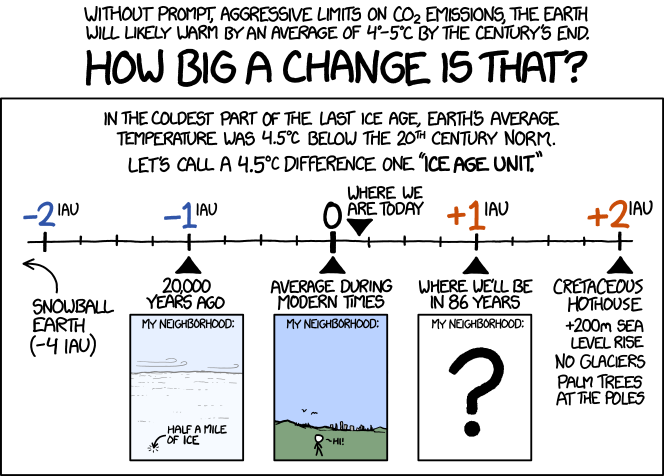As for the OP, nah, not so much...
https://wattsupwiththat.com/2016/07/22/is-the-reuters-news-agency-committing-fraud/
The Global Warming Speedometer for January 2001 to June 2016 shows observed warming on the HadCRUT4 and NCEI surface tamperature datasets as below IPCC’s least prediction in 1990 and somewhat on the low side of its 1995 and 2001 predictions, while the satellite datasets show less warming than all IPCC predictions from 1990 to 2001. Later IPCC predictions are too recent to be reliably testable.
Next, Reuters unquestioningly reports a WMD spokesman as saying: “What we’ve seen so far for the first six months of 2016 is really quite alarming. This year suggests that the planet can warm up faster than we expected in a much shorter time … We don’t have as much time as we thought.”
Er, no. Just look at the predictions and then look at the measured reality, even after all the data tampering. It ought to be plain even to the meanest journalistic “intelligence” at Reuters that the planet is actually warming up far more slowly than They had expected.
Next, Reuters unquestioningly repeats that “The average temperature in the first six months of 2016 was 1.3° Celsius (2.4° Fahrenheit) warmer than the pre-industrial era of the late 19th Century, according to space agency NASA”.
Unh, no. Even if one relies upon the most tampered-with and prejudiced of all the global temperature datasets, that of “space agency NASA”, the rate of global warming since the dataset began in January 1880 has been less than 1 degree, equivalent to a mere 0.7 degrees per century. Not exactly scary. It’s well within natural variability.
etc. etc











